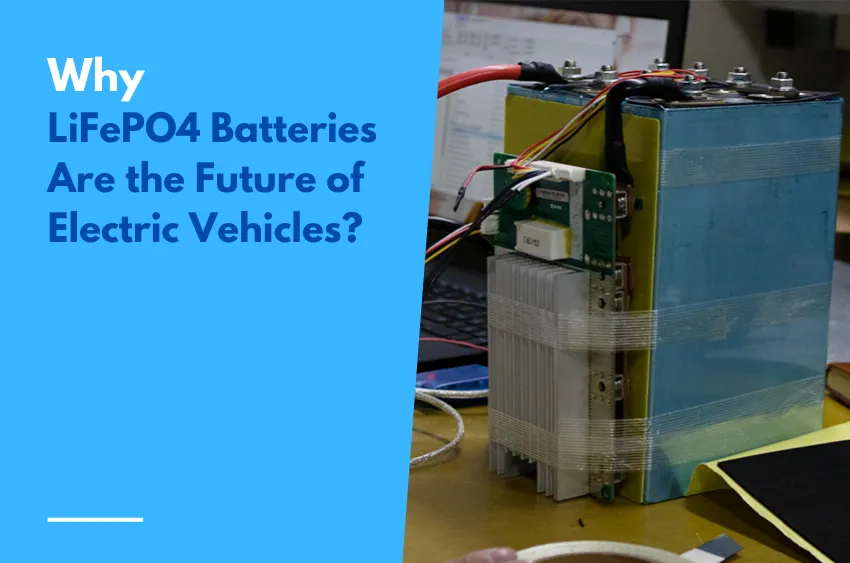Electric vehicles (EVs) are becoming more popular and affordable, as they offer many benefits over conventional vehicles, such as lower emissions, lower fuel costs, and lower maintenance costs. However, EVs also face some challenges and limitations that prevent them from reaching their full potential and mass adoption. One of the main challenges is the battery technology that powers EVs.
However, each of these materials has its own drawbacks and trade-offs. NMC and NCA batteries have high energy density and power density, which means they can store more energy and deliver more power per unit of weight and volume. This translates to longer range and faster acceleration for EVs. However, they also have shorter cycle life and lower safety, which means they degrade faster and are more prone to overheating and catching fire. They also have higher cost and environmental impact, as they require scarce and expensive metals like nickel and cobalt, which are often mined under unethical and unsustainable conditions.
LiFePO4 batteries, on the other hand, have lower energy density and power density, which means they can store less energy and deliver less power per unit of weight and volume. This translates to shorter range and slower acceleration for EVs. However, they also have longer cycle life and higher safety, which means they last longer and are more stable and resistant to thermal runaway. They also have lower cost and environmental impact, as they use abundant and cheap materials like iron and phosphate, which are easier and greener to source and process.
Therefore, LiFePO4 batteries can overcome some of the challenges and limitations of other lithium battery types, and improve the performance and reliability of EVs. Here are some of the advantages of LFP batteries for EVs:
• Faster charging: LiFePO4 batteries can charge faster than other lithium battery types, as they have lower internal resistance and higher thermal stability. This means they can accept higher currents without overheating or damaging the cells. For example, a Tesla Model 3 with an LFP battery can charge from 10% to 80% in about 27 minutes, compared to about 37 minutes for a Model 3 with an NCA battery.
• Higher power density: LiFePO4 batteries can deliver higher power density than other lithium battery types, as they have higher discharge rate and lower voltage sag. This means they can provide more power output without losing voltage or capacity. For example, a BYD e6 with an LiFePO4 battery can accelerate from 0 to 100 km/h in about 8 seconds, compared to about 10 seconds for a Nissan Leaf with an NMC battery.
• Lower weight: LiFePO4 batteries can reduce the weight of EVs, as they have higher specific energy and lower packaging requirements. This means they can store more energy per unit of weight and require less space and materials to enclose and protect the cells. For example, a Renault Zoe with an LFP battery weighs about 1,468 kg, compared to about 1,635 kg for a Zoe with an NMC battery.
• Higher safety: LiFePO4 batteries can increase the safety of EVs, as they have higher thermal stability and lower flammability. This means they are less likely to overheat, catch fire, or explode in case of abuse or accidents. For example, a Tesla Model 3 with an LFP battery has a lower risk of thermal runaway than a Model 3 with an NCA battery, as the LFP battery can withstand higher temperatures and has a higher melting point.
As you can see, LiFePO4 batteries have many advantages for EVs, and they are already being used by some of the leading EV manufacturers, such as Tesla, BYD, and Renault. These companies have recognized the potential and the benefits of LFP batteries, and have adopted them for some of their models, especially for the lower-end and the mid-range segments. For example, Tesla has switched to LFP batteries for its Model 3 Standard Range Plus in China, Europe, and Australia. BYD has been using LFP batteries for its e6 and e5 models since 2015. Renault has been using LFP batteries for its Zoe since 2012.
LiFePO4 batteries are not only suitable for EVs, but also for other applications, such as energy storage, backup power, and portable power. LiFePO4 batteries can provide reliable, efficient, and safe power for various devices and systems, such as solar panels, inverters, chargers, generators, and power banks. LiFePO4 batteries can also be recycled and reused, as they have longer lifespan and lower environmental impact.

